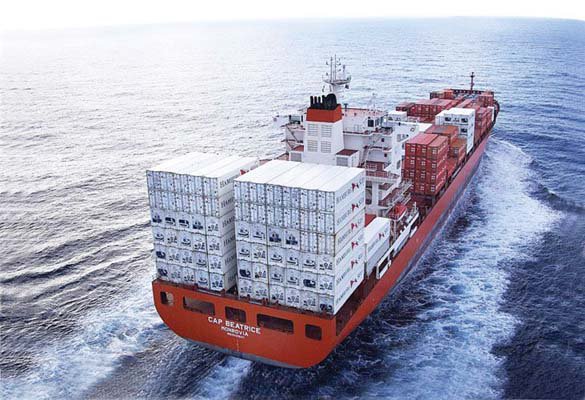Following another fall in GlobalDairyTrade prices, Federated Farmers Dairy Chair Andrew Hoggard said the New Zealand Government needed to take up the issue of various income support measures available to European farmers, which had contributed to high levels of milk production, through direct diplomatic channels and the World Trade Organisation.
MFAT deputy secretary Dr David Walker was briefing the Foreign Affairs, Defence and Trade Select Committee on anticipated areas of discussion when free trade agreement talks with the EU commence.
Walker said starting negotiations was an important breakthrough for NZ, as the country was at the ‘tail end’ of countries able to agree FTAs with the EU.
Walker focused on kiwifruit and apples as areas where New Zealand was disadvantaged in trading with the EU. The EU was the leading destination for NZ kiwifruit, and faced an 8.8% tariff, which other countries were not subject to. With apples, NZ paid €128/100kg, which did not apply to some other countries.
Public submissions have been called for from those with an interest in FTA negotiations. Submissions from companies engaged in trade or investment with the EU, and those who planned to do so, would inform how discussions proceed.
During the briefing from MFAT officials, much of the remaining attention focused on the ministry’s defence of the demonstration farm construction in Saudi Arabia.
Like NZTE when its officials appeared at Parliament the previous week, MFAT insisted the investment in the farm and abattoir was an important means to improve the prospects of a free trade deal with the Gulf States.
In response to questioning from Labour MP David Shearer on whether the farm had resulted in a greater likelihood of a trade deal materialising, MFAT acting deputy secretary for the Middle East Jeff Langley said there were strong signals from Saudi Arabia the investment had helped.
Langley also noted the delay in advancing the FTA with the Gulf Co-operation Council was not experienced by New Zealand alone. The GCC put on hold all FTA agreements following the Global Financial Crisis and countries within the council group were only now coming back to the idea of FTAs.
Langley said NZ’s negotiation for a deal was concluded in October 2009. He was now hopeful a deal could be done quickly, with Gulf partners expressing support.










